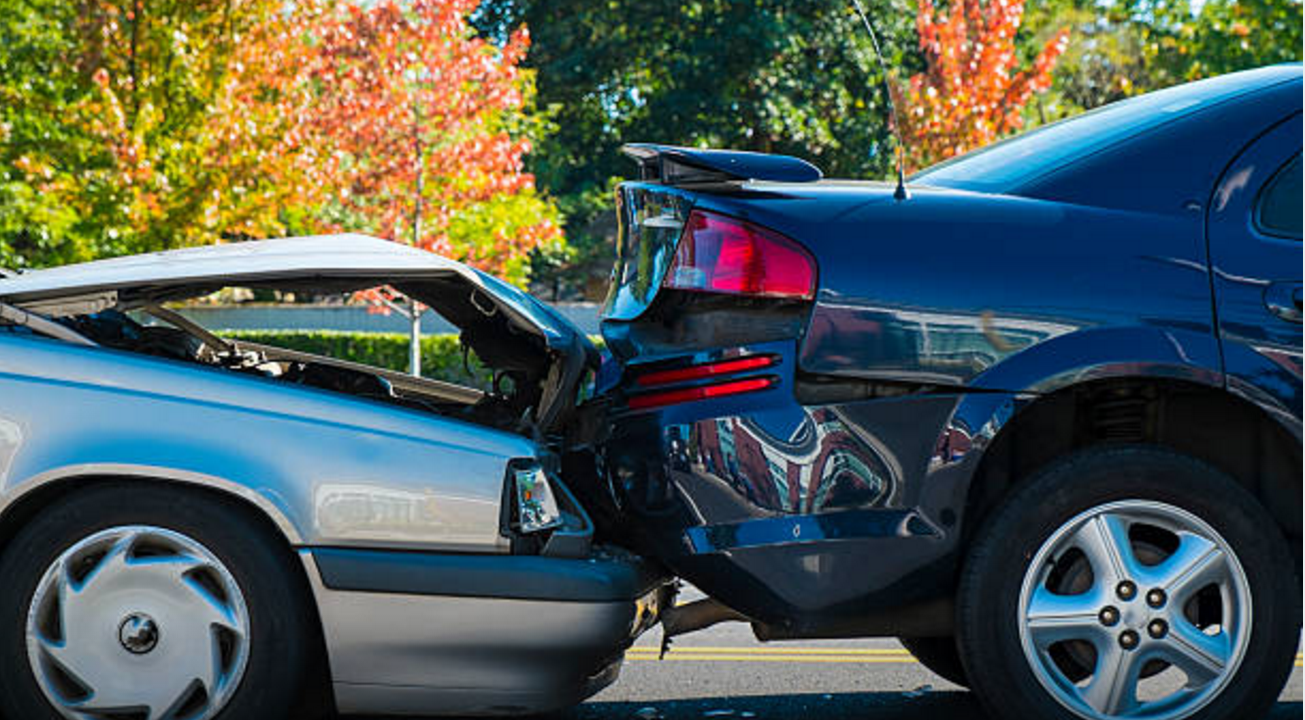Estimating Collision Damages: What You Need to Know
If you’ve unfortunately experienced a car accident, then you’re aware of the hassle collision damages can be. You will be faced with getting an estimate for your vehicle’s damages and determining if your insurance will cover the entire costs (with or without a deductible).
With so much to figure out, here is some information to guide you along the way!
What to Consider with Estimating Collision Repairs
Numerous factors go into determining the overall estimate for collision damages. As a vehicle owner, it’s important to receive a proper estimate so that you can make an informed decision regarding the future of your vehicle. Important information includes:
- The make, model and year of the vehicle. The make and model of your vehicle can effect what parts are required to restore your vehicle to its original state. For example, the technology in a hybrid engine can be more expensive to replace than a normal gas engine.
- The point of impact on the vehicle. In a collision, the point of impact plays a huge role in what parts of the vehicle sustained the most damage. The fact some parts (i.e. engine and cylinders) are costlier than others is a big component of the overall cost to fix the vehicle.
- Which repair shop to use? The repair shop that services your vehicle plays a huge role in not only the cost but also the quality of work that will be done. Make sure to get an estimate from a repair shop with a proven track record.
Will Insurance Cover My Collision Damages?
The circumstances surrounding your collision determine whether or not your insurance company will cover your entire collision damages or if you will have to pay a deductible. The main factor in establishing your insurance coverage is who was at fault for the incident.
- If You’re 100% at Fault: If it has been resolved that the collision was solely your fault, insurance will cover the incident but you will have to pay your deductible.
- If You’re Partially at Fault: Your Insurance Company will cover your collision damages; however, how much responsibility rests on your shoulders will determine the percentage of the deductible that you will be required to pay.
- If You’re Deemed Not at Fault: Your insurance company will cover the damages under the Direct Compensation portion of your policy and you will not be required to pay a deductible.

